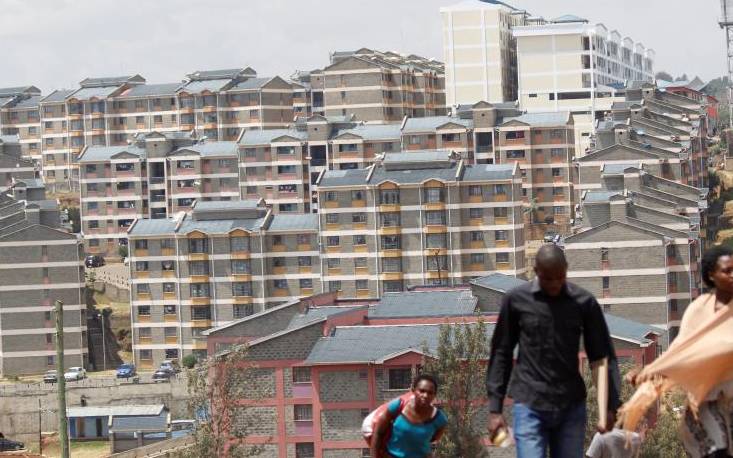×
The Standard e-Paper
Join Thousands Daily

A view of Kibra Slums from the By-pass, and National Housing houses overlooking the slums, the National Housing houses are more modern making Kibra look appealing. 5-3-2019. [Phillip Orwa, Standard]
Kenyan’s fury with the government over the planned three per cent housing tax suspended on Wednesday spilled over to the weekend, fouling the Easter mood.